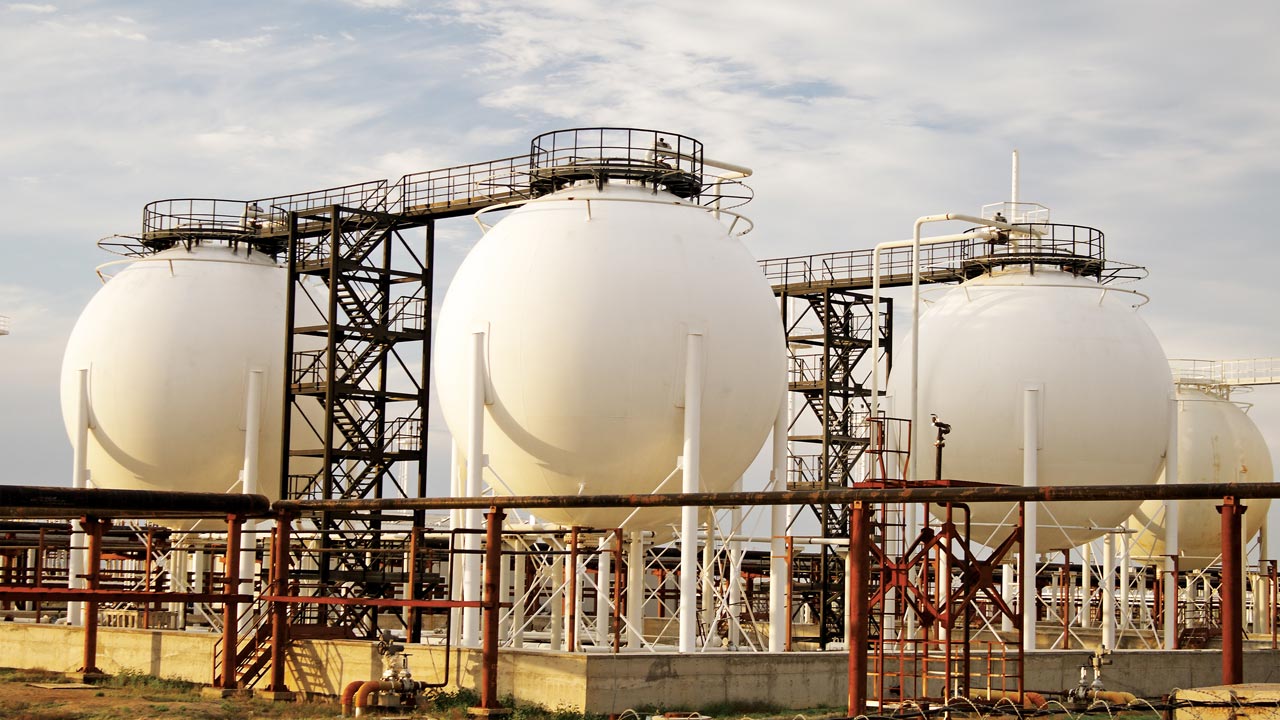- Power Sector Loses N549b Yearly to Gas Constraints
Nigeria’s power sector is losing an average of N549 billion yearly to gas supply challenges. The situation has continued to deprive the country of over 2,479 Mega Watts (MW) daily.
According to the Nigerian Electricity Supply Industry (NESI), the sector is losing an estimated N1.525 billion daily due to power generation constraints.
Further analysis showed that losing N1.525 billion daily to lack of gas to power plants, translated to N45.75 billion monthly.
NESI said, in its daily power generation analysis, that the country recorded line constraint of 394.5MW and high-frequency constraints of 303MW as at October 12, 2016. It explained that the revenue losses were calculated using a net, average and levelised tariff of N20/kWh. The agency stressed that in gross terms, this implies average end-user tariffs of circa N32/kWh inclusive of all Aggregate Technical and Commercial losses (ATC&C) and export sales if one adopts the assumptions contained in MYTO 2.1.
NESI, which noted that 85 per cent of the combined installed capacity of power plants in Nigeria was fuelled by gas, added that “availability of gas molecules is low due to insufficient production, economic disincentives, inadequate infrastructure and frequent vandalism.”
Corroborating NESI, the Nigerian National Petroleum Corporation (NNPC) stated that gas supply dropped from the 619 mmscfd in August 2015 to 405 mmscfd in July this year to generate an average power of about 1,911mw compared with 2,694mw generated in the same period of the previous year.
Specifically, power generation from gas-fired plants has been dropping steadily from 3,472mw in August 2015 to 2,017mw in May 2016 and to 1,911mw in July 2016.
On individual basis, Eko Electricity Distribution Company Plc (EKEDP) is losing about N2.5 billion monthly in revenue.
The Chief Executive Officer, Oladele Amoda, said that the company used to generate above N4 billion monthly but it had dropped to about N1.5 billion.
“The drastic drop in power supply within our network has affected the company’s operation deeply. It has also impacted on the revenue and business activities significantly,’’ he said. According to him, the shortfall has adversely impacted on the ability of the company to make capital investment in metering, network expansion, equipment rehabilitation and replacement that are critical to service delivery.
Speaking on the solutions to gas supply crisis, the President, Nigerian Gas Association (NGA) and Chief Executive Officer of Oando Gas & Power, Bolaji Osunsanya, described the current challenge as man-made, noting that it would require a multifaceted approach to address the key drivers of the disruption.
The approach, he said, would include a combination of dialogue, an alignment of interests, applicable sanctions, and fair treatment.
“For one, the creation of an appropriately constituted and independently audited host community fund would be a way of further positioning the oil and gas communities as key stakeholders.
“In the interim, the government needs to increase the engagement and involvement of community leaders and influencers to create the necessary awareness regarding the crippling effects of the current disruptions in the Niger Delta on the environment and the local economy.
“The government must also consider other initiatives to expand the supply of gas into the market. Such an initiative would be tailored to ensure that the gas is deliberately developed for supply into the market.”
To the Managing Director of Frontier Oil Limited, Dada Thomas, Nigeria’s gas-to-power value chain itself is terminally sick in the emergency ward and infested with a number of crippling diseases chief among which are the primary diseases of vandalism of oil and gas facilities and sector illiquidity.
According to him, vandalism of oil and gas facilities is topical and has brought the Nigerian oil and gas industry and the power sector on its knees.
Thomas stated: “We are all witnesses to the impact that this is having in all sectors of the Nigerian society presently. Indeed the government has only achieved 51.3 per cent of its half-year budget target in 2016.
“This is because there has been vandalism of not only oil facilities, but gas facilities and pipelines. In the past six weeks, the third party-owned gas evacuation system through which our company – Frontier Oil Limited – transports gas has been sabotaged twice resulting in the loss of about 450 megawatts of power from the nation’s generation capacity thereby worsening an already dire situation.”
He emphasised the need for the Federal Government to introduce quick win initiatives that will put a stop to vandalism of oil and gas assets and ensure oil and gas production ramps back up to circa 2.2 million barrels of oil production per day and 5,000mw of power generation.

 Naira4 weeks ago
Naira4 weeks ago
 Naira4 weeks ago
Naira4 weeks ago
 Travel3 weeks ago
Travel3 weeks ago
 Jobs4 weeks ago
Jobs4 weeks ago
 Naira3 weeks ago
Naira3 weeks ago
 Naira3 weeks ago
Naira3 weeks ago
 Investment4 weeks ago
Investment4 weeks ago
 Travel4 weeks ago
Travel4 weeks ago




























